We are aware that every decision a business makes, whether conscious or unconscious, produces a ripple effect that impacts people, communities and the environment far beyond the scope of its primary stakeholders.
At a fundamental level, wielding business as a force for good means using the power of the market to positively impact stakeholders and shift the global economy to one that prioritises inclusivity and regeneration over profit and greed. But none of this would be possible without one important thing: community. Communities help businesses to flourish, making it the role of businesses to ensure that communities flourish too.
This includes principles of justice, equity, diversity, and inclusion, as well as charitable giving, economic impact, supply chain management and more. Here are a few ways we do it…
Start with supply chain
As part of B Corp month this year, we launched a ‘Audit your supply chain’ campaign pledge.
One of the most impactful ways businesses GO BEYOND is considering the impact of their suppliers. Simply asking the question of suppliers can have a cascading impact; taking it one step further and switching can lead to a significant impact.
Globally businesses are asking questions of their supply chain - what impact do their suppliers have on people and the planet? Suppliers have suppliers, who have suppliers - the knock-on effect is massive.
Maybe this is something you already want to do, or you already consider your supplier's impact - we'd love to know more. Some of you might be thinking, ‘Um, Harvey, we’re small, we don’t really have many suppliers.’ But hear us out; suppliers include more than you might think.
Your bank is a supplier, as is your superannuation fund and electricity company. Co-working spaces, software, hardware, coffee, coffee table books, it all counts. They’re all pieces of your business puzzle. But what are their social and environmental standards? And do they align with yours?

More companies are pledging to work with ethical suppliers, i.e. companies tackling diversity, committed to renewable energy, donating a % of profits to charity, etc.
Or maybe your suppliers are multinationals or mega-corps, and why would they care about your little business? Well, they are already thinking about this stuff, and your request will join a growing chorus of people, businesses, and governments asking the same questions.
You don’t have to reconfigure your entire pipeline. It can be as simple as asking your current suppliers to share their ethical and sustainability policies.You never know. Asking the question can open the conversation, and inspire butterfly effect-like change.
We provide a toolkit of how to audit your suppliers and 8 questions to ask them here.
Supplier accountability isn’t easy
As part of this campaign, we reached out to our suppliers with this letter to find out where they stand and maybe prompt them to do more - but in reality, it didn’t achieve much. The big companies like Apple, Google, Facebook didn’t have open channels so our request probably fell through the cracks. A few responded, like our accountants Dot Advisory, who were interested in learning more & Hub Australia, who had amazing policies and strategies.
So in short, it’s an opportunity but we think collective effort is needed to make real change.
Supporting local continues to be our thing

Wherever possible, we use local (to us!) service providers and partners, and we work with businesses that are owned and run by under-represented groups in the business space.
There’s also the role we play in the B Corp community, and doing what we can to utilise and work with B Corp (and B Corp-aspirational) companies.
Our business bank is Australia's leading ethical bank, Bank Australia (Sarah’s personal bank, too). And our default superannuation fund is Verve Super.
Call out: However, as part of Becky and Simon’s plans to build a house they had to switch to Commbank for the loans as all the ethical banks we reached out to couldn’t accommodate our complex needs (building a house in regional victoria and being self employed) - as soon as we can refinance and consolidate to an ethical bank we will.
Who we collaborated with
- James Cook - Branding & Design
- Celine Tan - Branding & Design
- Marnie Hawson - Photography
- Dr Tobi Evans - Inclusion Learning and Development
- Jordan Ricciardo - Graphic Design
- Lisa O’Sullivan – WORDS for things, Copywriting
- Sharon Behen - PR
- Soda Communications - PR
- Amy Whitefield - Photography
- Jacinta Moore - Photography
Doing cool stuff with community-focused clients
.avif)
As you may have read above, we have a guiding framework for helping us choose who we work with. For us, these decisions have an impact even on our idea of community. By supporting businesses that we know are taking great strides to enrich their communities, it means we can amplify our impact through them – in communities we may never have reached otherwise! Which we think is pretty cool.
Spotlight - Solomon Islands

Sarah’s trip to the Solomon Islands took her from virtual collaborations over Zoom to the bustling capital of Honiara, where she witnessed the transformative effects of Strongim Bisnis's (SIB) initiatives first-hand. Read all about it here.
Collaborating with entrepreneurs in agriculture, tourism, and women's economic development, SIB facilitated the creation of the Solomon Islands' first eCommerce store with MK Local Foods, addressing logistic challenges and enabling community scalability. Additionally, SIB played a key role in launching a new product category with Kokonut Pacific Solomon Islands (KPSI) through customer research campaigns. The work with the Northwest Guadalcanal Development Association (NWGDA) boosted sales and positive brand awareness for Fresh Market produce.
SIB's impact extends to local farmers, providing essential support in marketing strategy, brand identity, and packaging. By fostering partnerships with the private sector and the Solomon Islands Government, SIB is instrumental in creating a positive and lasting impact on businesses and communities.
Passing the baton
Sarah personally donated her photography equipment valued at around $7,500 to empower a content and brand producer Eugene Kerekere of Storeroom Productions, in the Solomon Islands.
The geographical barriers, high costs to import and professional services industries in the early stages in the Solomons, it can be challenging for startups to benefit from the same peer knowledge exchange and equipment sharing we’re fortunate to enjoy at home.
Just as Sarah has experienced the opportunities to progress her skills and connected with the tools and experts to improve her craft, she paid this forward to her new colleague in the Pacific. Sarah hopes to continue her partnership with Eugene in the future.


No (bad) days off, again!
As much as we love a day off, we choose not to celebrate Australia Day and the Melbourne Cup public holidays. As far as we’re concerned, neither is cause for celebration. Instead we ask if each person wants to work, take time in lieu and take a public stance against the day.
Yet to start on our Reconciliation Action Plan (RAP)
We acknowledge there is still a lot to do to improve our knowledge and take action to become true Allies. A few steps we’ve taken in this area include:
Sharing from the heart with AOC
“It’s always felt uncomfortable and inappropriate for me to do AOC, and Sarah often would lead them so I’d sit back and think ‘Phew’. But after doing the Evolve course I realised I was all in my head, and have started sharing. In my AOC I include personal perspectives, sharing what I know and don’t that we don’t have a RAP and that I don’t know what’s going on and recommend the Evolve course. I’ve been overwhelmed by the response, with people directly reaching out after meetings saying they changed their perspective, want to try it and are inspired to lean into RAP.” - Simon Smallchua
Learning how we can become allies
Completing Evolve’s ‘Seven Steps™ to Reconciliation and Allyship’ - designed as a learning journey, each step of the online course is explained by a short, engaging video followed by a quiz. Evolve Communities is Australia’s trusted authority for Indigenous Cultural Awareness and Ally training.
Hand on First-nations work
Learning and engaging with First-Nations people through our client Studio Schools of Australia.
Power of language
Small but worth noting, in our brand strategies we would use language like “Mission” but for First Nations people that word is deeply painful, so we shifted to “Purpose” or “Ambition”. This perspective is something we’re trying to be more mindful of - how traditional language can impact various groups.







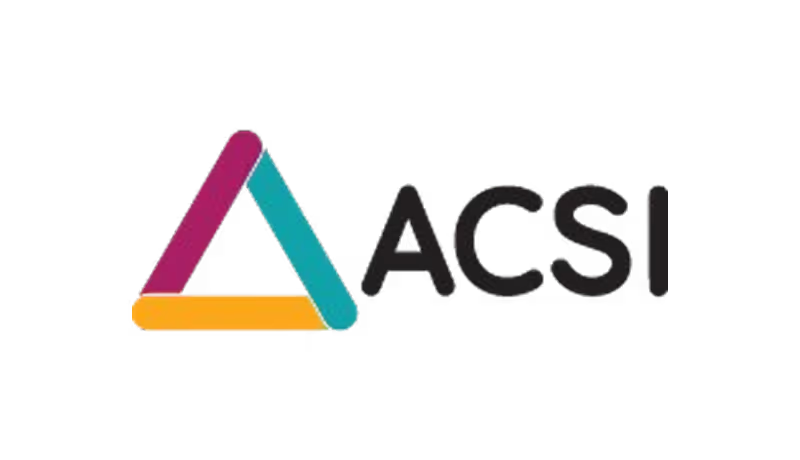





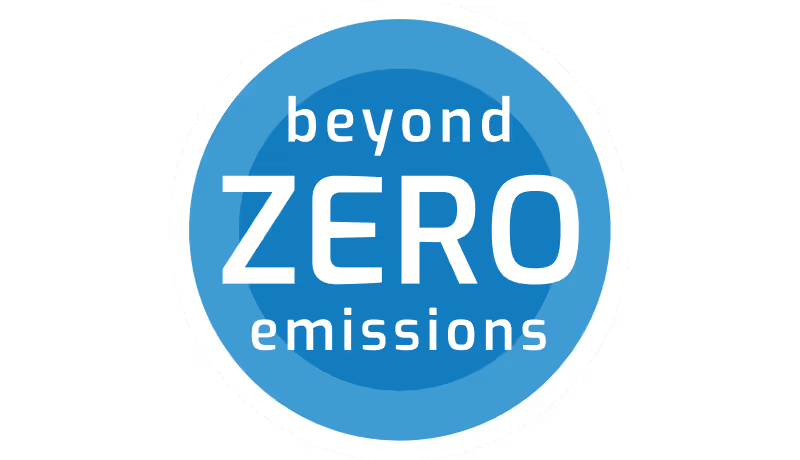

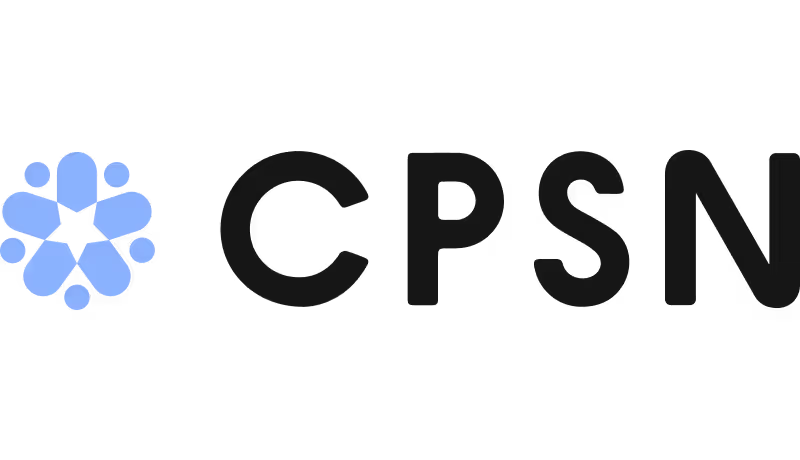



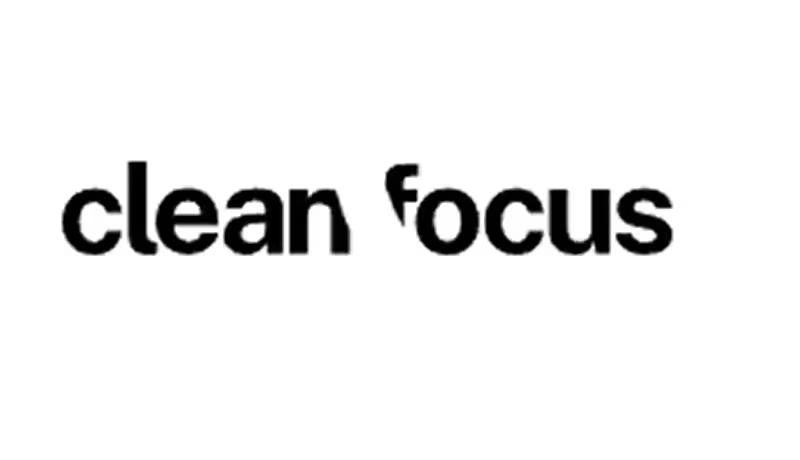


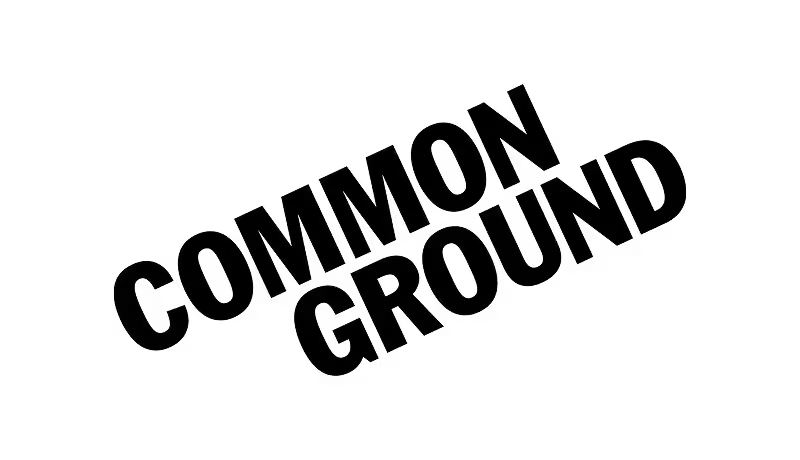

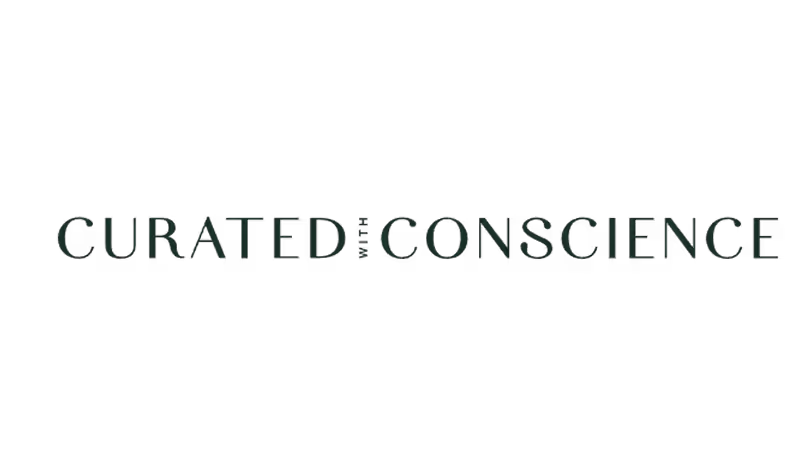






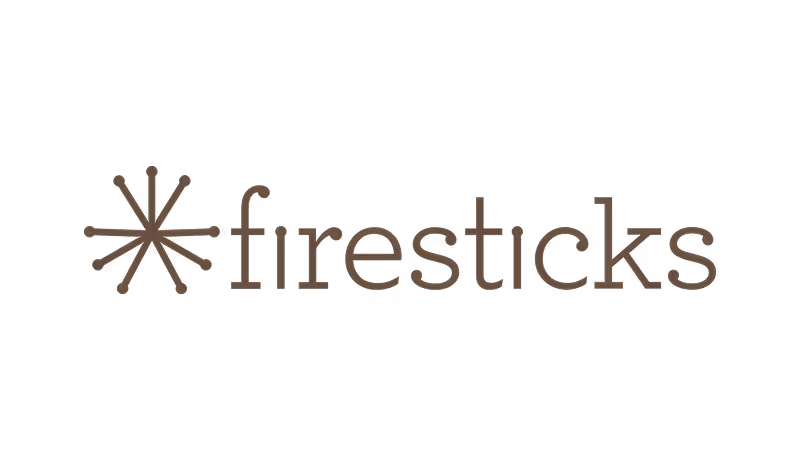
.avif)

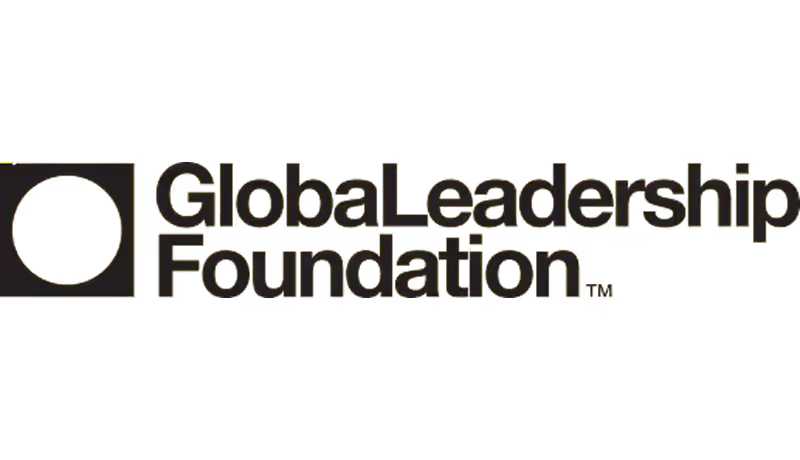



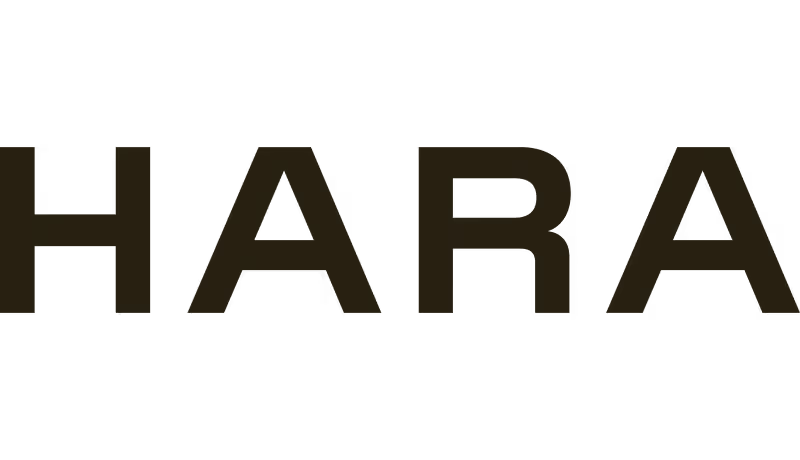

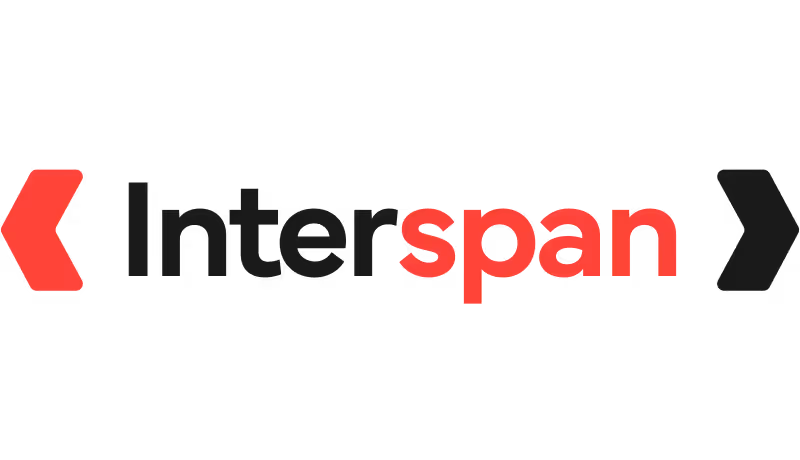






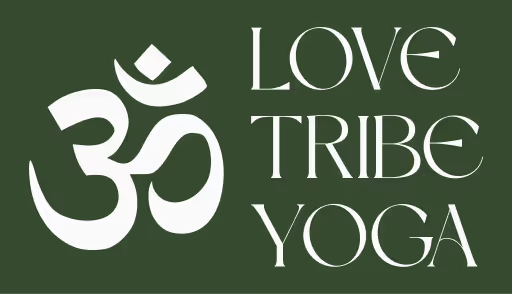



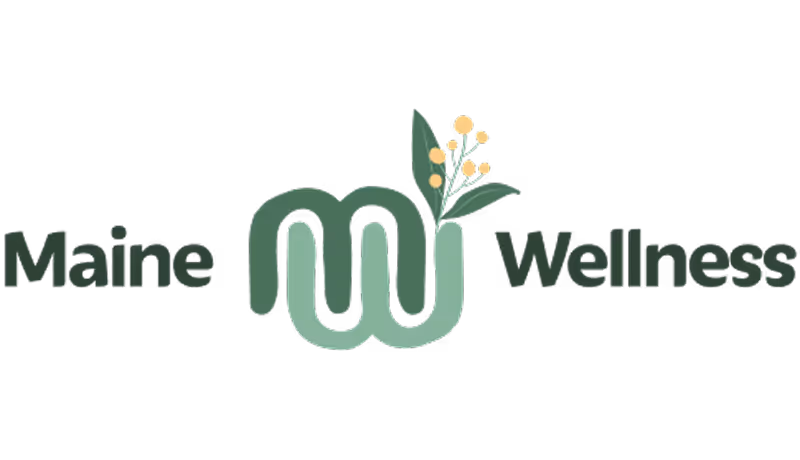


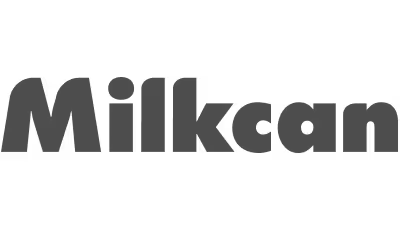





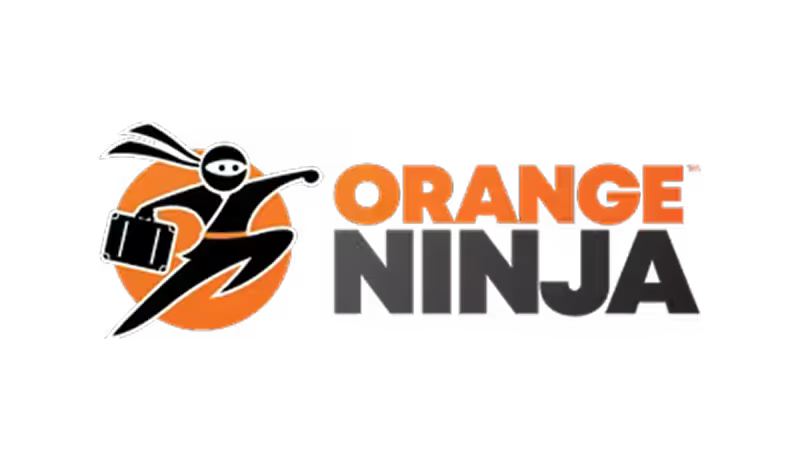

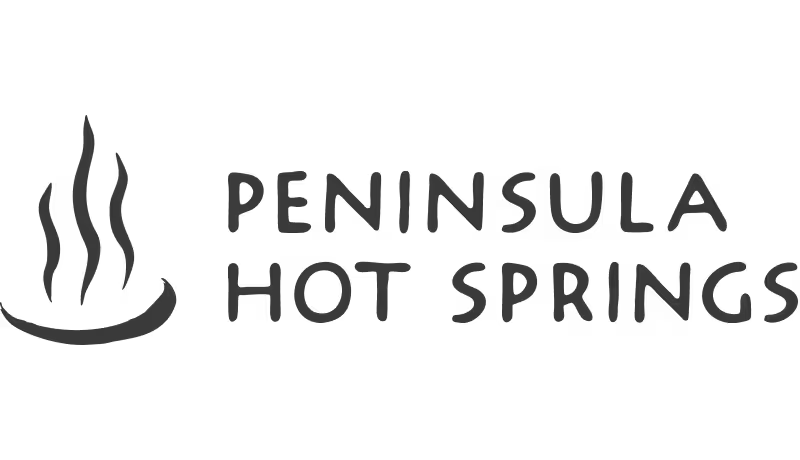
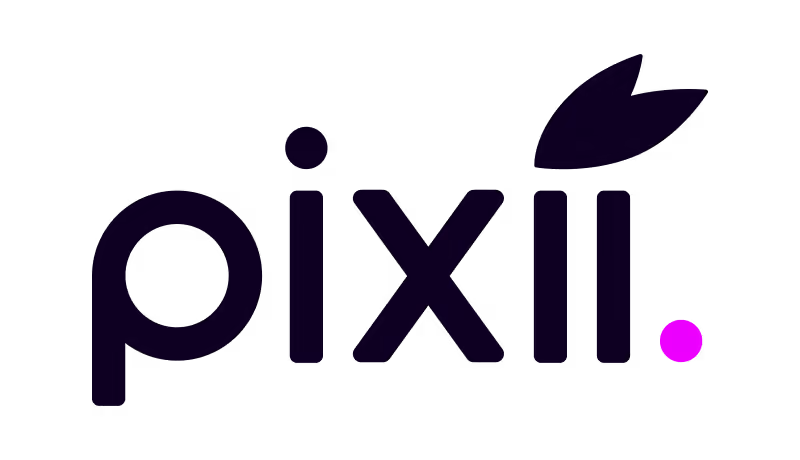




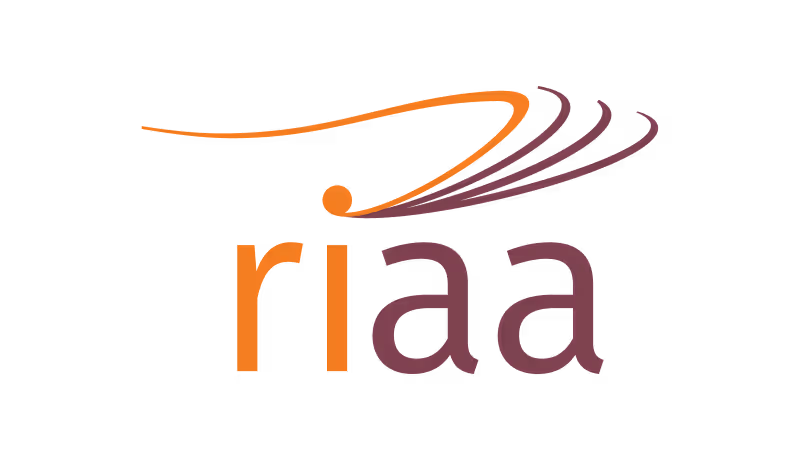












.avif)


































